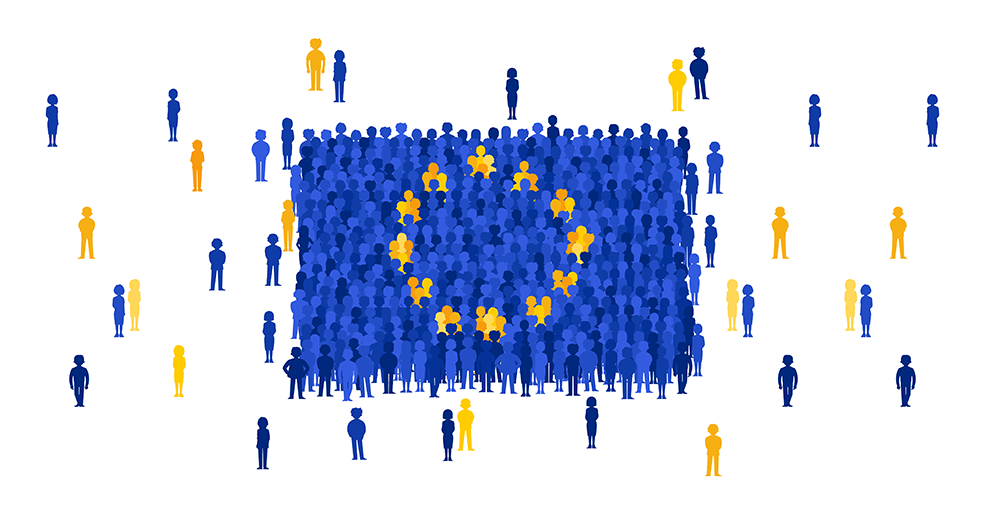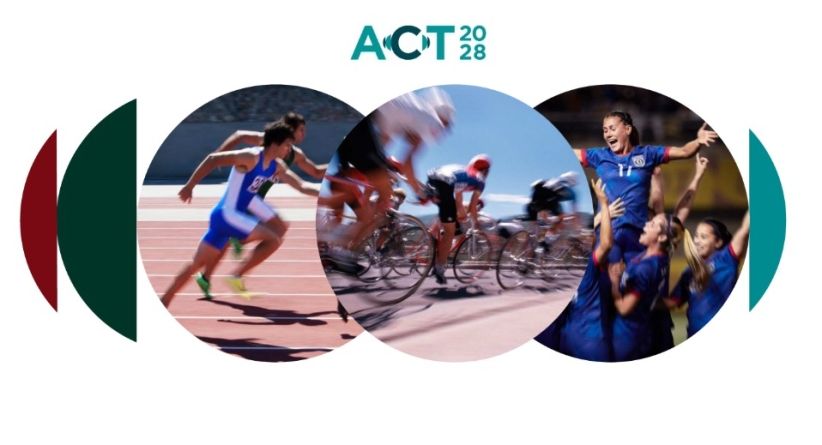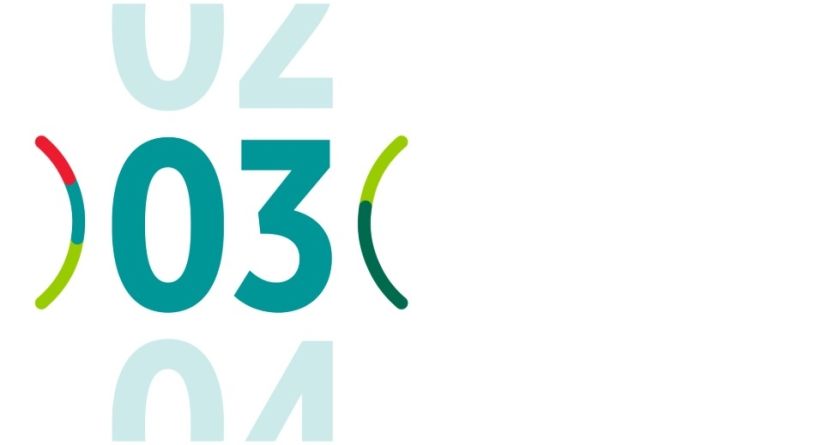
Can European funds change the course of democracy?
Money is often the sinews of war, especially when it’s in short supply! Both Poland and Hungary are suffering the effects of soaring prices, with year-on-year inflation some months topping 20% and no prospect of normalisation any time soon.
In the current energy price environment, heavy reliance on imported energy is driving food and producer prices sharply upwards, with these increases in turn passed on to consumers. Eastern Europe is one of the regions where core inflation is rising fastest. Then there are the effects of central banks’ efforts to combat rising prices. Hungarian and Polish base rates have climbed to 13% and 6.75% respectively and these increases are very quickly being passed on to consumers through credit. And, with most lending in the region at variable rates, this is affecting both new and existing loans. Consumer spending in Eastern Europe is thus tightly constrained by these various factors; this is one of the key ways in which growth in the region is vulnerable.
What makes the outlook even less hopeful is the fact that Poland’s and Hungary’s key trading partners – European Union countries – are facing the same conditions of economic contraction, which will result in them importing less. And that’s not to mention the risk of energy and commodity shortages and other global trade disruptions that could further exacerbate constraints on production – constraints to which central European countries, being tightly integrated into these value chains, are directly exposed. Local trade effects, which are weakening demand, are thus combining with structural production effects that are hampering supply.
Lastly, mounting tensions in relation to both the war in Ukraine and global geopolitical developments are adding to the climate of uncertainty. Markets are thus on the alert and quick to differentiate between regions based on their political situation, with the political and geopolitical risk premium clearly reflected in the region’s exchange rates. For example, the Hungarian forint has depreciated by 16% since the beginning of the year, falling much more sharply than other currencies in the region. Markets are penalising Hungary because its policy is out of kilter with the rest of the European Union.
The Hungarian and Polish governments have been pursuing an assortment of institutional reforms since 2010 and 2015 respectively in an effort to gain more control over their legal systems and media and to increasingly concentrate power by churning out rhetoric based on fears and threats, whether real or imaginary. As well as restricting individual liberties, this narrative has to some extent muzzled public discourse and helped polarise public opinion in both countries. This slippage in the rule of law, although a more recent phenomenon in Poland, has been going on for more than a decade in Hungary and constitutes a long-lasting and profound change in each country’s institutional profile.
This process has, on the whole, worked thanks to steadily rising living standards and a fairly generous policy of redistribution that has, in particular, kept the rural electorate happy. It’s important to recognise that this has helped reduce social inequalities stemming from the economic transition that followed the collapse of communist systems – inequalities that were exacerbated by the social effects of the 2009 crisis, which were particularly visible in the region. At the European level, all this slippage has taken place right under the nose of the European Union, which has nevertheless financially supported the governing parties in both Poland and Hungary.
This paradoxical European stance now seems to be reaching its limits and the moment of truth has arrived for both countries. Events like war, still far beyond political leaders’ field of vision, and the resulting economic difficulties, are now calling into question governments’ stability and ability to maintain their socioeconomic models. Fiscal policies, based on generosity towards the poorest and prosperity for the wealthiest, need additional funding. While this has always been true, GDP growth rates previously meant governments could rely on tax receipts. Furthermore, European funding paid for a substantial portion of public investment while stimulating private investment. In a way, illiberal governments like Viktor Orbán’s in Hungary had carte blanche to construct an ideology based on strongly criticising the European Union’s values and concentrating power around the prime minister at the same time as receiving support funds. As this “schizophrenia” progressed, they ended up sawing off the branch they themselves were sitting on.
European institutions eventually realised just how much damage had been done. The introduction of a mechanism to ensure that European stimulus funds were contingent upon respect for the rule of law became a necessity. Now that neither Poland nor Hungary has managed to pass the test, both countries’ governments are struggling to fulfil their social contracts with their electorates.
Over the past few weeks, Hungary has adopted a number of pieces of legislation to combat corruption. And judges in Poland are set to regain their independence after a long period of being closely monitored by a disciplinary chamber. The reason for these U-turns? To qualify for European funding of €23 billion for Poland and €6.3 billion for Hungary.
While both governments consider themselves very satisfied with the progress made and well on the way to receiving the eagerly awaited funds, Europe must ask itself how much these hastily adopted laws are really worth in light of the long-term institutional drift that forms their backdrop.
The approach adopted by the European Union is aimed at ensuring a degree of democracy, and it certainly pushes in that direction; however, apart from the “financial carrot”, the EU has little legal room for manoeuvre when it comes to providing a guaranteed minimum level of democratic values for Europe’s citizens.
In short, the European Union is paying to ensure that the rule of law is respected, but for how long?







